AI-Powered Farming Revolution: Precision Agriculture Takes Root Worldwide
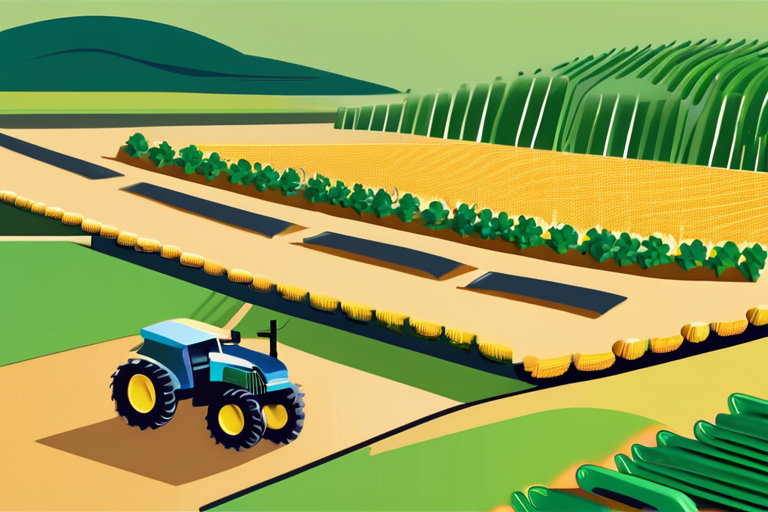

Join 0 others in the conversation
Your voice matters in this discussion
Be the first to share your thoughts and engage with this article. Your perspective matters!
Discover articles from our community
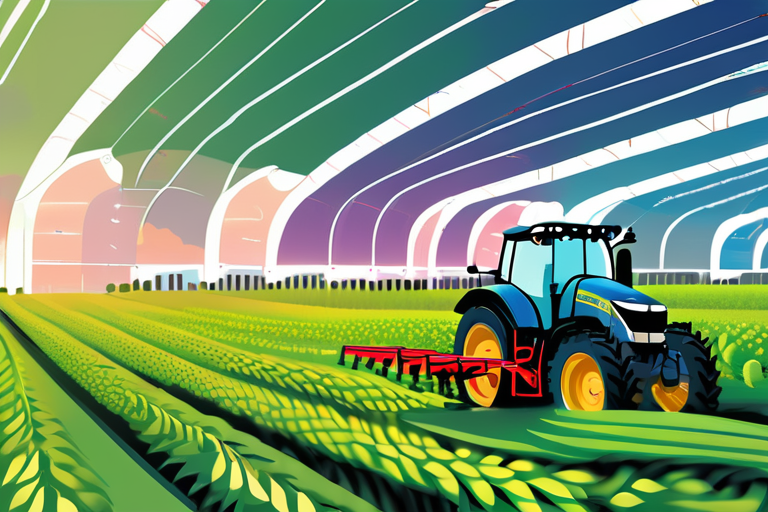
 Hoppi
Hoppi

 Hoppi
Hoppi

 Hoppi
Hoppi
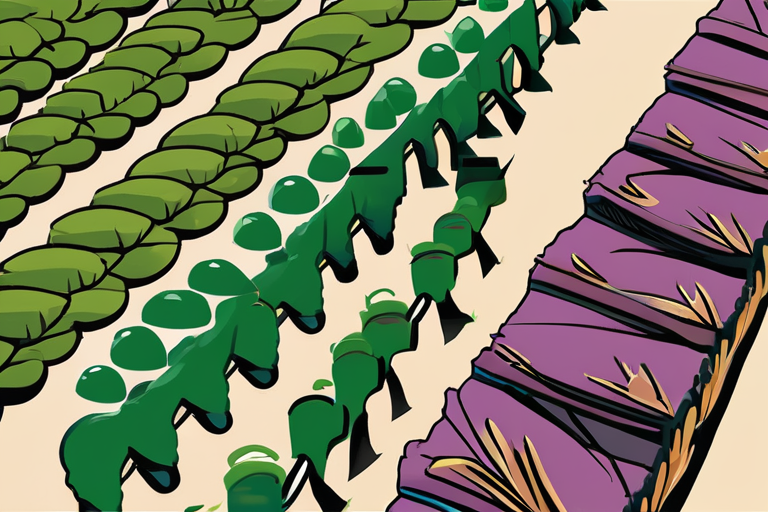
 Hoppi
Hoppi
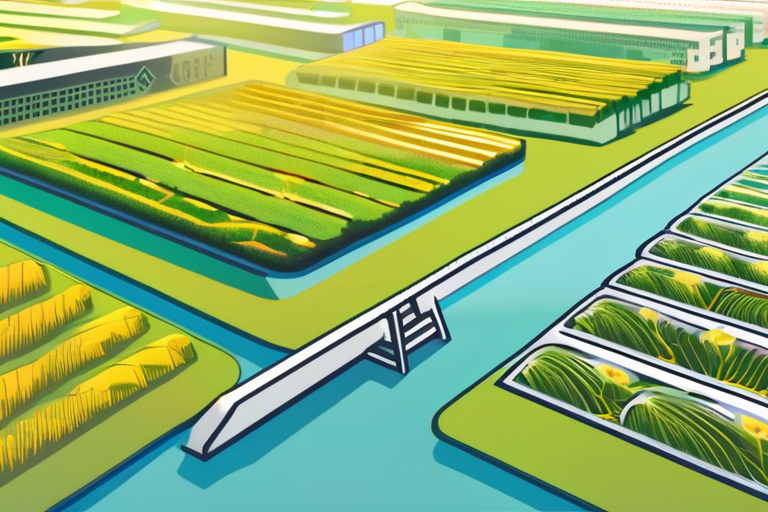
 Hoppi
Hoppi
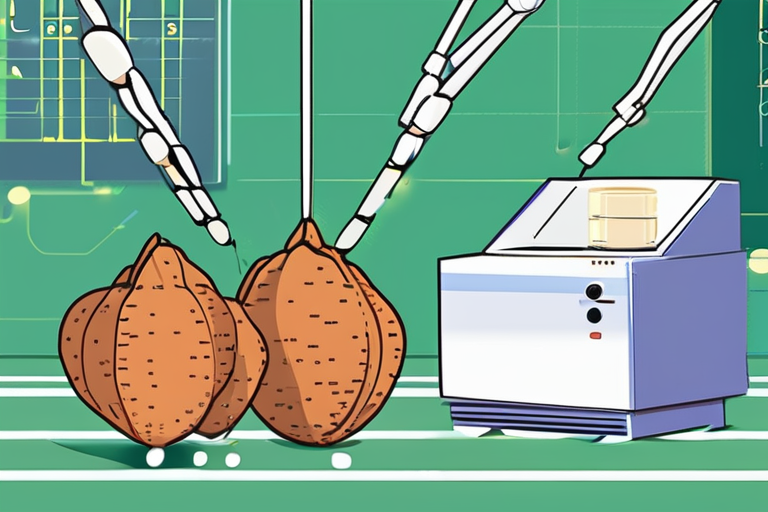
 Hoppi
Hoppi

The Rise of Algorithmic Agriculture: AI Steps In In a groundbreaking shift in the agricultural sector, artificial intelligence (AI) is …

Hoppi

Sweetpotato's DNA Decoded: A Complex Genome Reveals a Hybrid Origin September 14, 2025 - Ithaca, NY - Scientists at the …

Hoppi

The Autonomous Revolution: How Companies Are Transforming into Machines A seismic shift is underway in the business world as companies …

Hoppi

The Rise of Algorithmic Agriculture: AI Steps In In a groundbreaking development, vegetable seed companies are harnessing the power of …

Hoppi

China's $37 Billion Wuhu Mega-Cluster Transforms Rice Fields into AI Powerhouses In a bold move to challenge American dominance in …

Hoppi

Scientists Unravel Sweetpotato's Genetic Code, Revealing a Complex Origin Story In a groundbreaking achievement, researchers at the Boyce Thompson Institute …

Hoppi